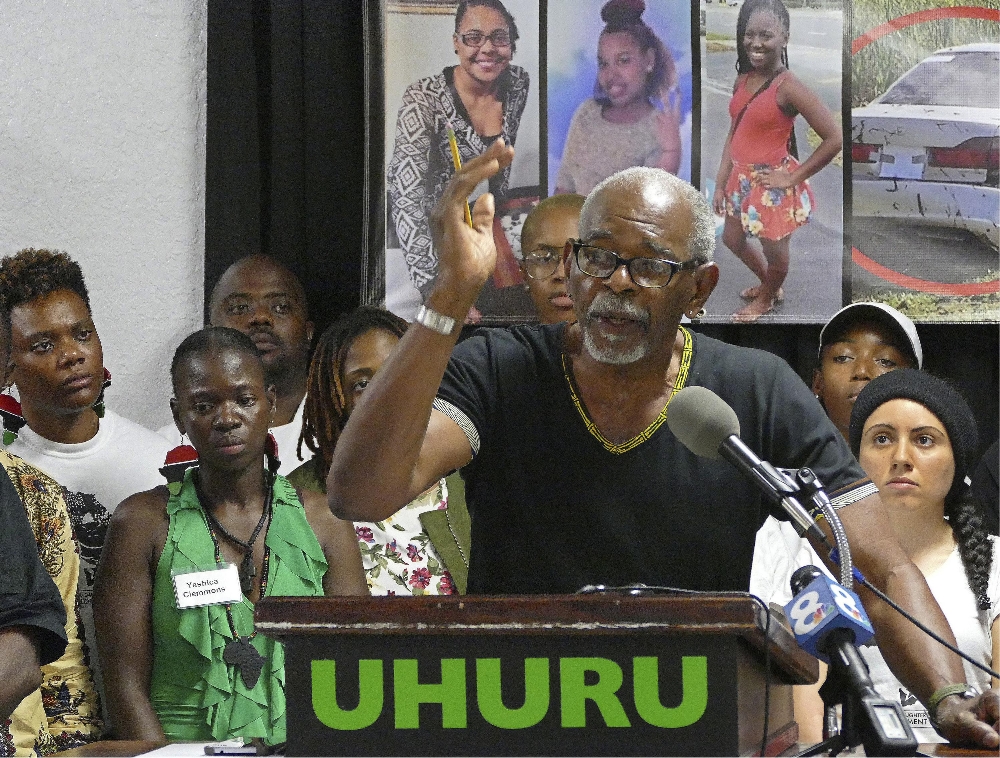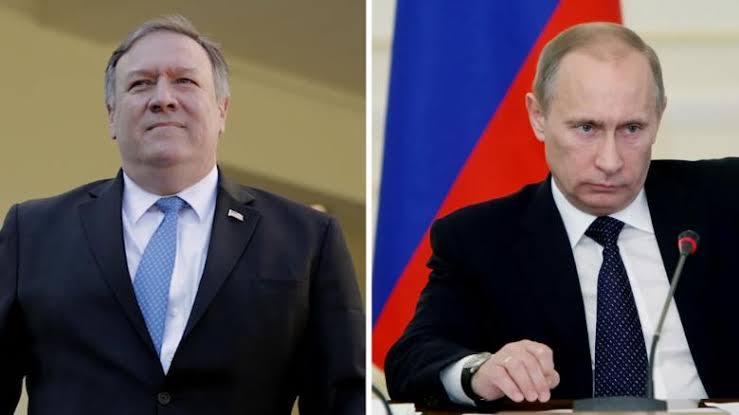Japan and the US have unveiled new guidelines on their defence co-operation as Japanese leader Shinzo Abe visits the US for talks.The guidelines allow Japan to take on a more assertive military role and clarify US support for Japan.
Secretary of State John Kerry said US commitment to Japan’s defence was “ironclad”, including disputed islands.
Japan’s pacifist constitution currently allows only for self-defence, but Mr Abe has called for a re-interpretation.
Any change is likely to seriously alarm Japan’s East Asian neighbours.
Mr Abe was set to visit the site of the 2013 Boston marathon bombing on Monday before travelling to Washington ahead of talks on Tuesday with President Barack Obama.
Strategic shift
The changes were announced in New York by Mr Kerry and Japanese Foreign Minister Fumio Kishida.
“The guidelines that we have worked on that have been announced today will enhance Japan’s security, deter threats and contribute to regional peace and stability”, Mr Kerry said.
“The United States and Japan stand together in calling for disputes in the region to be resolved peacefully.”
Mr Kerry also renewed the US security pledge over the islets known as the Senkakus in Japan and the Diaoyus in China.
China has disputed Japan’s territorial claim to the islands, which are close to important shipping lanes, offer rich fishing grounds and lie near potential oil and gas reserves
The new guidelines are expected to reflect Japan’s shift in its defence aspirations which were outlined in a cabinet resolution last July. Any further military muscle for Japan would mean an overhaul of its constitution.
“The cabinet resolution and legislation being crafted now have gone right up to the limits of what is possible under the constitution as it is now,” Reuters reported Hajime Funada, head of a ruling party panel on constitutional reform, as saying.
The US says that it would welcome an emboldened Japan.
“We very much welcome the fact that Japan is looking to play a more constructive role in promoting peace and stability in the broader Asia-Pacific region,” US foreign policy aide Ben Rhodes told AFP news agency.
“We believe that that dovetails very nicely with the US rebalance,” he said.
An opinion poll released on Monday by Japan’s Sankei Shimbun newspaper showed 49.5% of Japanese voters opposed legal changes that would allow the Japanese military to fight abroad.
Hours ahead of the announcement, a crowd gathered outside the Japanese prime minister’s office in Tokyo, chanting slogans against the revisions.

















